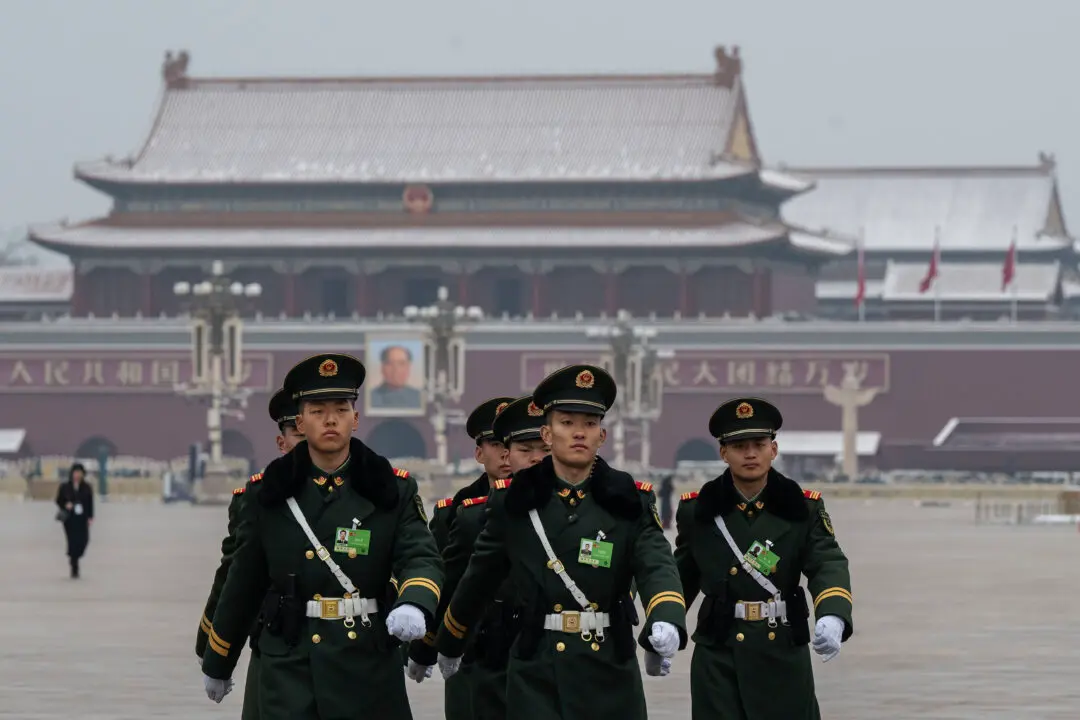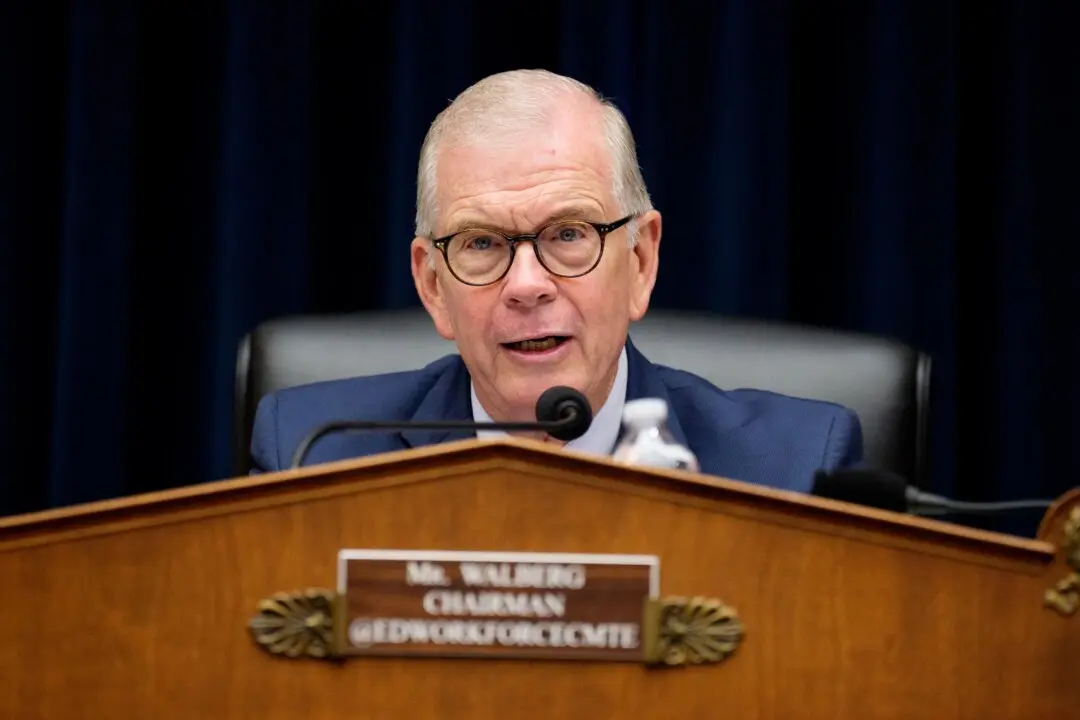TAIPEI, Taiwan—The Taiwanese government on Monday thanked Group of Seven (G-7) leaders for calling for peace and stability across the Taiwan Strait.
On Sunday, G-7 leaders issued a statement that was highly critical of the Chinese regime, including its human rights abuses in China’s far-western Xinjiang region and Hong Kong, and unfair trade practices. The leaders also underscored “the importance of peace and stability across the Taiwan Strait, and encourage the peaceful resolution of cross-strait issues.”





